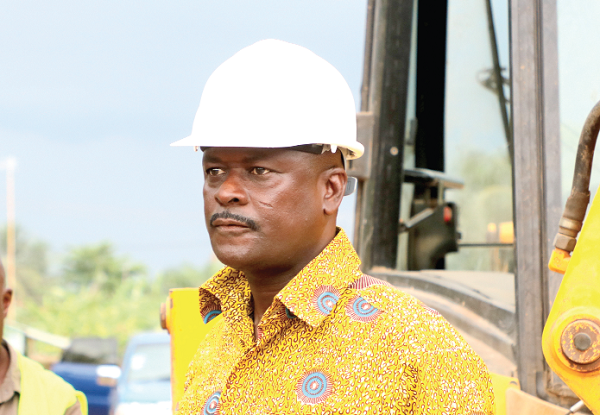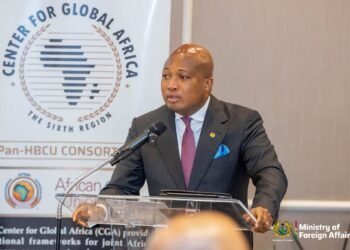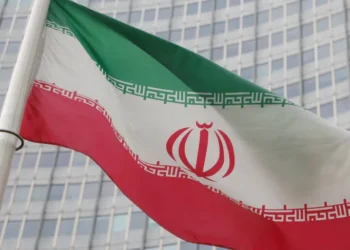National Chairman aspirant of the New Patriotic Party (NPP), David Kankam Boadu, has issued a stark warning to the leadership and grassroots of the party, cautioning that deepening cracks could consign the NPP to political irrelevance, just as happened to the once-dominant Convention People’s Party (CPP).
Boadu, who is a founding figure of the NPP and a former spokesperson for the late Vice President Alhaji Aliu Mahama, said the ruling party’s growing disunity is driven by what he described as a “winner-takes-all” and “use-and-dump” culture, practices he believes are eating away at trust and pushing away loyal members.
“The NPP is becoming like the CPP. We may be relegated. But when I’m voted for as the next National Chairman of the NPP, I will ensure the party is worth emulating”
David Kankam Boadu, Aspiring Chairman of the NPP
According to Boadu, the NPP urgently requires fresh leadership with the ability to mend fractured relationships, restore confidence, and rebuild the party into a model of political organisation, adding that his own candidacy was anchored on unity and renewal, which he considers critical to the survival of the NPP.
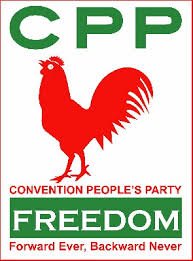
He further stressed that he represents a clean break from the leadership crop that has presided over the party’s current divisions. The aspirant insisted that his integrity and spotless record make him the right candidate to rally all factions under one banner and reconnect with the grassroots of the party.
As part of his unity agenda, Boadu called on senior figures, including former President Nana Addo Dankwa Akufo-Addo and current National Chairman Stephen Ntim, to apologise to the party’s base. He argued that a “sincere apology is the first step to rebuilding trust and restoring the bond between the leadership and ordinary members.”
His ultimate goal, he emphasised, is to rebuild the NPP’s unity, credibility, and appeal so that it remains a strong political force for future generations. His bid for chairmanship comes at a time when political watchers are expressing concern over the NPP’s internal divisions ahead of the 2026 national executive elections.
Founding Role and Sacrifices
The aspiring chairman reflected on his long service to the party and recalled how, in its early years, the NPP had no formal membership in Ghana and endured violent opposition from the ruling National Democratic Congress (NDC).
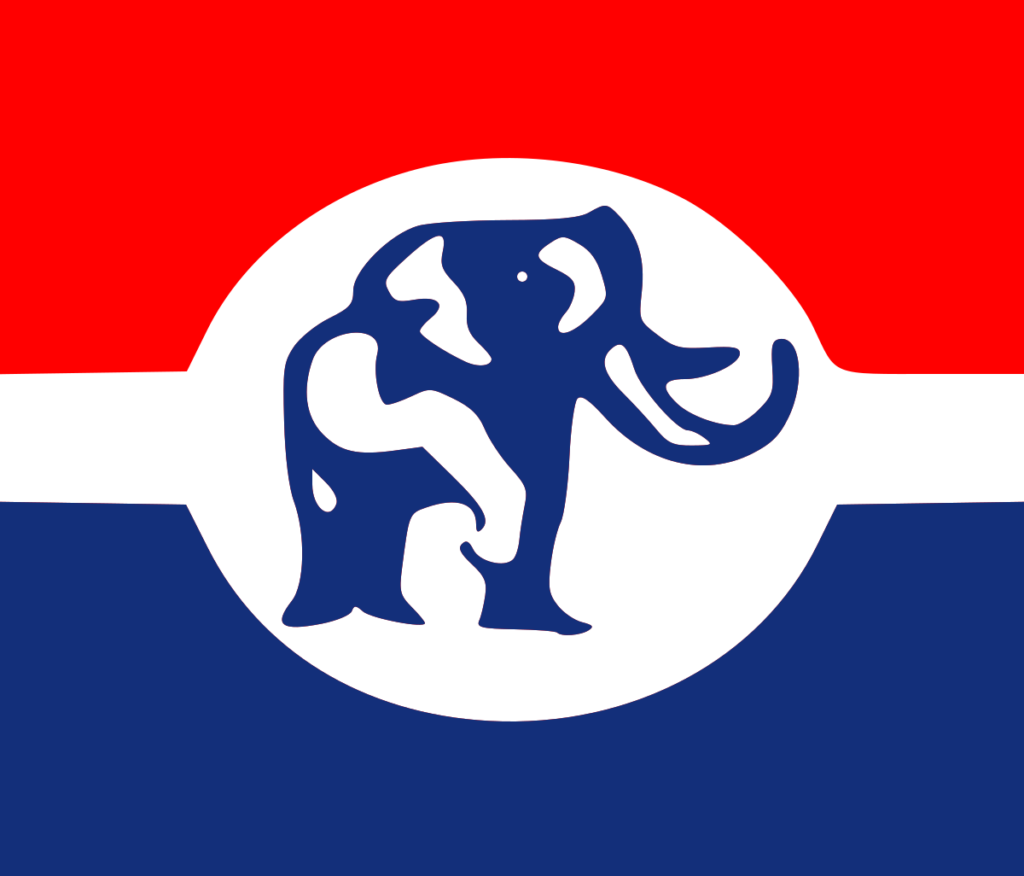
He said it took courage and sacrifice to build the party from scratch, adding that he and a few others stood firm without seeking financial benefit.
He reminded members that his “contributions to the NPP,” date back to its founding days and that he has always been motivated by conviction rather than reward. This, he said, makes him the “right figure” to revive the values upon which the party was built.
Pointing to the party’s dwindling parliamentary numbers, Boadu highlighted how the NPP had once commanded over 160 MPs but now has fewer than 90. He described the current situation as alarming and warned that internal factionalism was greatly threatening the party’s future prospects.
“The NPP needs a unifier, not a figurehead,” he said, underscoring that the current crisis of disunity must be addressed before it erodes the party’s base completely.
With the party preparing for its internal elections in 2026, Boadu’s declaration and further comments have sharpened the debate about the NPP’s future. His warnings about a possible collapse into the fate of the CPP echo concerns raised by analysts who argue that the party risks losing its relevance if it fails to deal with factionalism.
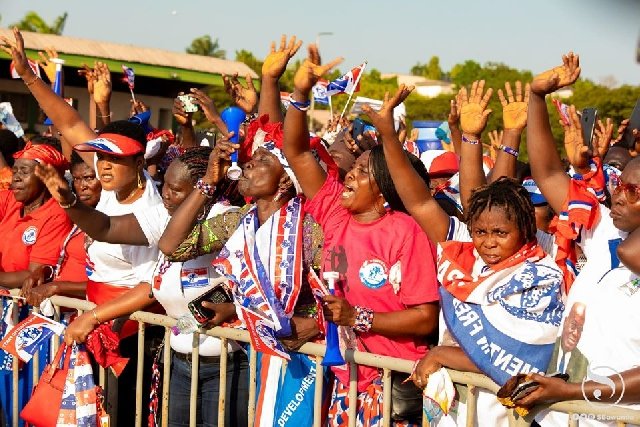
Boadu’s campaign for chairmanship, centred on unity and integrity, therefore arrives at a critical moment for the party.
He has positioned himself not just as another aspirant, but as a reformist figure determined to prevent the NPP from repeating the mistakes of Ghana’s first ruling party, whose collapse was caused by internal fractures and loss of trust.
His message has been consistent: that the NPP must return to its roots of “collective sacrifice and rebuild a leadership that prioritises members,” at every level. Only then, he insists, can the party retain its relevance and remain a central player in Ghana’s political future.

